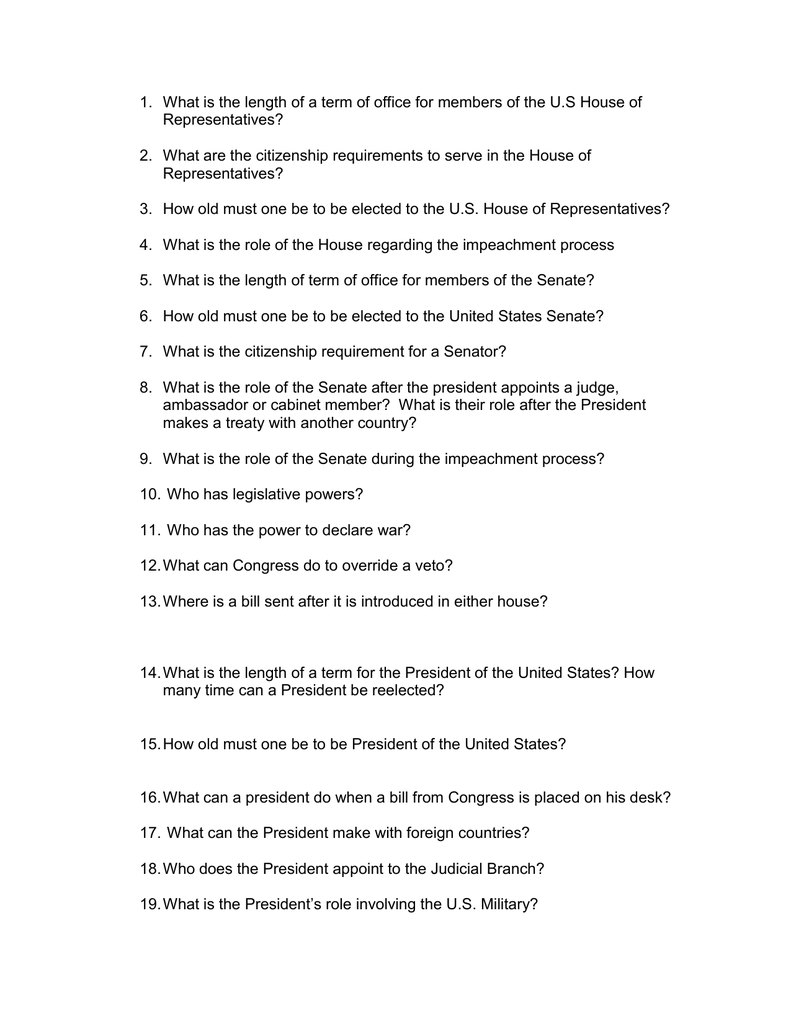Table Of Content

House leadership includes the speaker, majority and minority leaders, assistant leaders, whips and a party caucus or conference. The speaker acts as leader of the House and combines several institutional and administrative roles. Majority and minority leaders represent their respective parties on the House floor. Whips assist leadership in managing their party's legislative program on the House floor.

Kratom products have gone unregulated in California, unnerving both fans and critics
The Committee of the Whole House is a committee of the House on which all representatives serve and which meets in the House Chamber for the consideration of measures from the Union calendar. Enter your ZIP code in the banner of this page to find the representative for your congressional district. Power is nowhere concentrated; it is rather deliberately and of set policy scattered amongst many small chiefs. It is divided up, as it were, into forty-seven seigniories, in each of which a Standing Committee is the court-baron and its chairman lord-proprietor. These petty barons, some of them not a little powerful, but none of them within the reach of the full powers of rule, may at will exercise almost despotic sway within their own shires, and may sometimes threaten to convulse even the realm itself.
What is the deadline to apply for rental assistance?
The Democratic Party currently holds veto-proof supermajorities in both houses of the California State Legislature.[4] The Assembly consists of 62 Democrats and 18 Republicans, while the Senate is composed of 32 Democrats and 8 Republicans. Except for a brief period from 1995 to 1996, the Assembly has been in Democratic hands since the 1970 election. The Senate has been under Democratic control since 1970, except for a brief period from 1973 to 1975. The table below shows a breakdown of how many years the representatives have been serving in office. The United States Congress has two chambers, one called the Senate and the other called the House of Representatives (or “House” for short) which share the responsibilities of the legislative process to create federal statutory law. Members of Congress in both houses are assigned to committees with specific areas of interest (e.g., the Intelligence Committee, the Agriculture Committee).
Constitution
Other lawmakers pointed to the importance of knowing the history of past legislation that has been considered by the Missouri House or Senate, arguing that knowledge of what killed a bill in the past is crucial in advancing it in the future. “If we had put parentheses out around the eight and eight and stricken those, we would have what this measure calls for, which is 16 years total service in either or both houses,” Stephens said. The Missouri House gave preliminary approval to a bill that would allow legislators to serve a total of 16 years in either chamber of the Missouri General Assembly. COVID-19 rent relief is still available from the state on a first-come, first-served basis and covers 100% of rent and utilities. In L.A. County during the pandemic, tenants are protected from some standard causes for eviction, such as unauthorized pets or an unauthorized long-term guest whose presence is related to the pandemic, or for causing a nuisance or denying entry to a landlord.
The Speaker of the House is also the second person in the U.S. presidential line of succession—the order in which presidents are replaced if they die, resign or are removed from office—after the Vice President and before the President pro tempore of the Senate. In contrast, term lengths of state senators are generally longer. In the remaining eight states, senators serve one two-year term and two four-year terms every ten years in the term system. A senator must be at least 30, a U.S. citizen for at least nine years, and live in the state he or she represents.
Find out when to vote for Congress and get election results
House passes $460 billion package of spending bills. Senate expected to act before shutdown deadline - PBS NewsHour
House passes $460 billion package of spending bills. Senate expected to act before shutdown deadline.
Posted: Wed, 06 Mar 2024 08:00:00 GMT [source]
The makeup of the Rules Committee has traditionally been weighted in favor of the majority party, and has been in its current configuration of 9 majority and 4 minority members since the late 1970s. The Rules Committee controls what bills go to the House Floor and the terms of debate. Curious about who else has been Speaker of the House or Majority Leader? View the list of leadership offices and links to the websites. To be elected, a representative must be at least 25 years old, a United States citizen for at least seven years and an inhabitant of the state he or she represents. The president may veto a bill passed by the House and Senate.
The approval of the Senate and the House of Representatives is required for a bill to become law. Both Houses must pass the same version of the bill; if there are differences, they may be resolved by a conference committee, which includes members of both bodies. For the stages through which bills pass in the Senate, see Act of Congress. Representatives use the prefix "The Honorable" before their names.

Oftentimes, people have questions about how Congress works. To help answer those questions, I have put together a list of Frequently Asked Questions about the U.S. If your question is not answered here, please feel free to contact me. Learn about the timing and process of elections for the U.S.
ABOUT THE SENATE
Usually, these committees will make recommended changes to these pieces of legislation, before voting on whether or not to forward them to the entire House of Representatives or Senate for a vote. These differences have lessened over the years, but representatives elected to the House tend to be more engaged in the districts and communities they represent. Because they are elected every two years, they are typically more aware of current public opinion among their constituents. As a check to the power of the Speaker and Majority Leader, the Minority Leader, selected from the membership of the political party with fewer seats in the House, serves as an advocate for their party’s concerns and procedural rights. The most significant role in the House of Representatives is that of speaker of the House. This individual, who is chosen by the majority party, presides over debate, appoints members of select and conference committees, and performs other important duties; speakers are second in the line of presidential succession (following the vice president).
The House is also served by several officials who are not members. The House's chief such officer is the clerk, who maintains public records, prepares documents, and oversees junior officials, including pages until the discontinuation of House pages in 2011. The clerk also presides over the House at the beginning of each new Congress pending the election of a speaker. Another officer is the chief administrative officer, responsible for the day-to-day administrative support to the House of Representatives.
Senators are elected to six year terms and may be reelected indefinitely. Congress is to limit the total amount of time a senator may serve to a lifetime 12-years and house reps to a lifetime of 6-years. The total amount of time they would be permitted to serve is 18-years of their lifetime. The House’s standing committees have different legislative jurisdictions. Each considers bills and issues and recommends measures for consideration by the House.
When the presidency and Senate are controlled by a different party from the one controlling the House, the speaker can become the de facto "leader of the opposition". Some notable examples include Tip O'Neill in the 1980s, Newt Gingrich in the 1990s, John Boehner in the early 2010s, and Nancy Pelosi in the late 2000s and again in the late 2010s and early 2020s. Since the speaker is a partisan officer with substantial power to control the business of the House, the position is often used for partisan advantage. The House began work on April 1, 1789, when it achieved a quorum for the first time. But that deadline pressure eased slightly just before the end of the month, when county leaders voted unexpectedly to extend their own COVID-19 eviction rules, which were also set to expire at the end of January. Generally speaking, tenants must pay their debt by those deadlines in order to avoid eviction proceedings.
Representatives of the House are addressed as “The Honorable,” before their names, or as congressman, congresswoman, or representative. Their goal was to design a form of government that would keep one person or group of people from having too much power, or unchecked power. As a result, the two chambers are considered equal, even though they have different structures and roles.
Only Jefferson Davis served as Confederate president, but he did not complete a full term in office before surrendering to the Union. The House of Representatives shares equal responsibility for lawmaking with the U.S. As conceived by the framers of the Constitution, the House was to represent the popular will, and its members were to be directly elected by the people. In contrast, members of the Senate were appointed by the states until the ratification of the Seventeenth Amendment (1913), which mandated the direct election of senators. Each state sends two Senators to represent their state in the U.S.
States entitled to more than one representative are divided into single-member districts. This has been a federal statutory requirement since 1967 pursuant to the act titled An Act For the relief of Doctor Ricardo Vallejo Samala and to provide for congressional redistricting.[18] Before that law, general ticket representation was used by some states. Stephens reason for proposing the change is that he thinks the short term limit in each chamber causes the loss of a lot of institutional knowledge held by experienced legislators. The 435 congressional districts do not include the District of Columbia, Puerto Rico, and the U.S.’s four other island territories — American Samoa, Guam, the Northern Mariana Islands, and the U.S. Virgin Islands — which each send a non-voting delegate to the House. Puerto Rico’s delegate is called the Resident Commissioner.
The speaker's powers included chairmanship of the influential Rules Committee and the ability to appoint members of other House committees. However, these powers were curtailed in the "Revolution of 1910" because of the efforts of Democrats and dissatisfied Republicans who opposed Cannon's heavy-handed tactics. The House meets in the south wing of the United States Capitol. The rules of the House generally address a two-party system, with a majority party in government, and a minority party in opposition. The presiding officer is the Speaker of the House, who is elected by the members thereof.

No comments:
Post a Comment